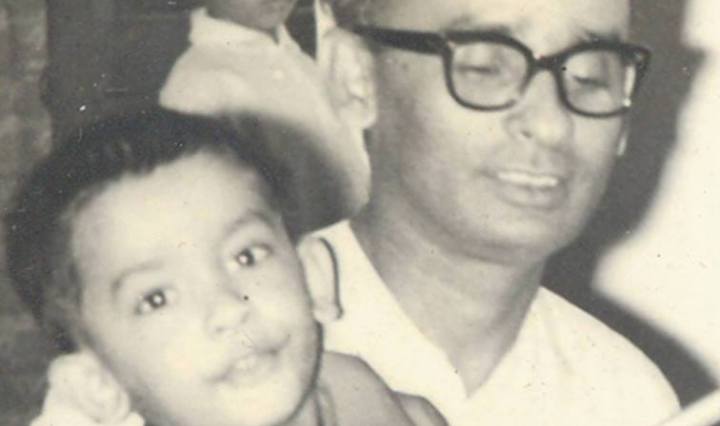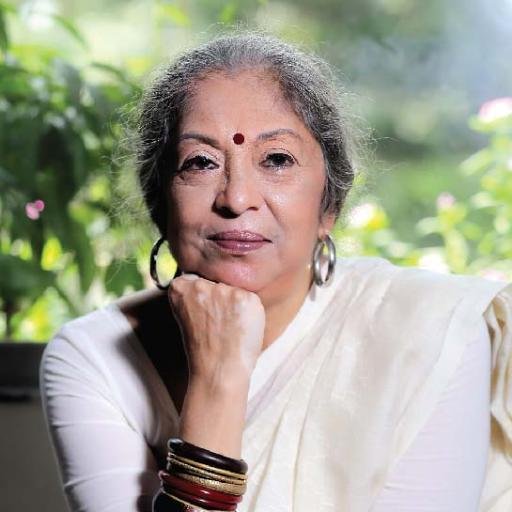This is a short essay written by Monaemuddin Ahmed (1914-2003) for Salimullah Hall’s reunion magazine. At 89, he was at the time, the oldest alum alive. He passed away before he could see this in print.
Those Days
– Monaemuddin Ahmed
Salimullah Hall in our days was known as Salimullah Muslim Hall. The word “Muslim” was dropped in 1972.
I was a resident of the Salimullah Hall from July,1935 to September, 1939 by virtue of my becoming a student of the Dhaka University ( then written as “Dacca University”) in 1st year B.A. (Hons.) class in the department of Mathematics with English and Persian as subsidiary subjects. Those years were the best years of my life, the creative years and the jolliest years. In 1935-36, I occupied a seat room # 151, in 1936-38, of room # 163 and in the final year, i.e. 1938-39, of room # 94, all in the West House.
Continue reading “Salimullah Muslim Hall”

























































